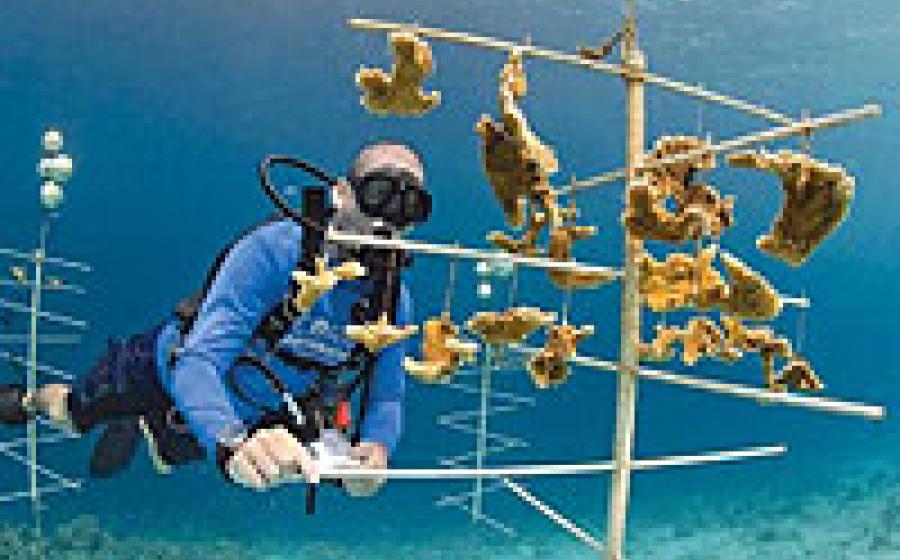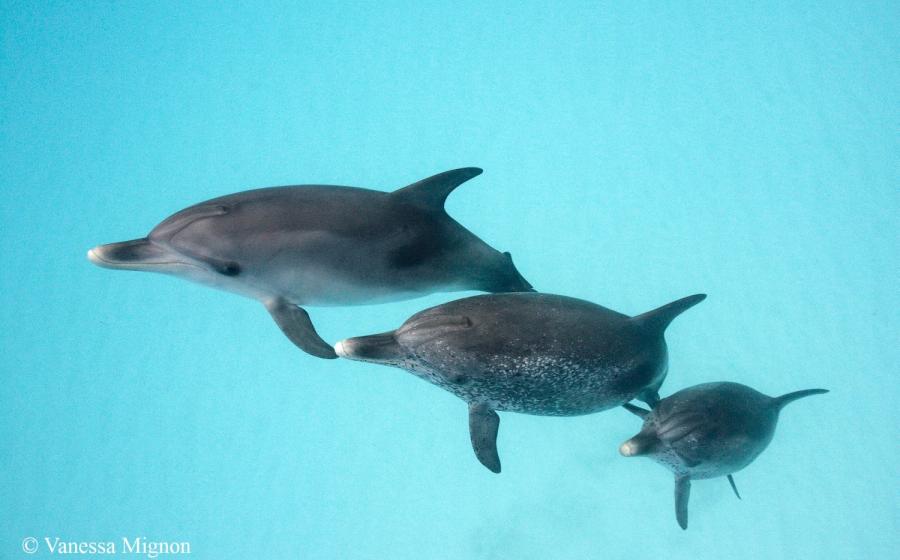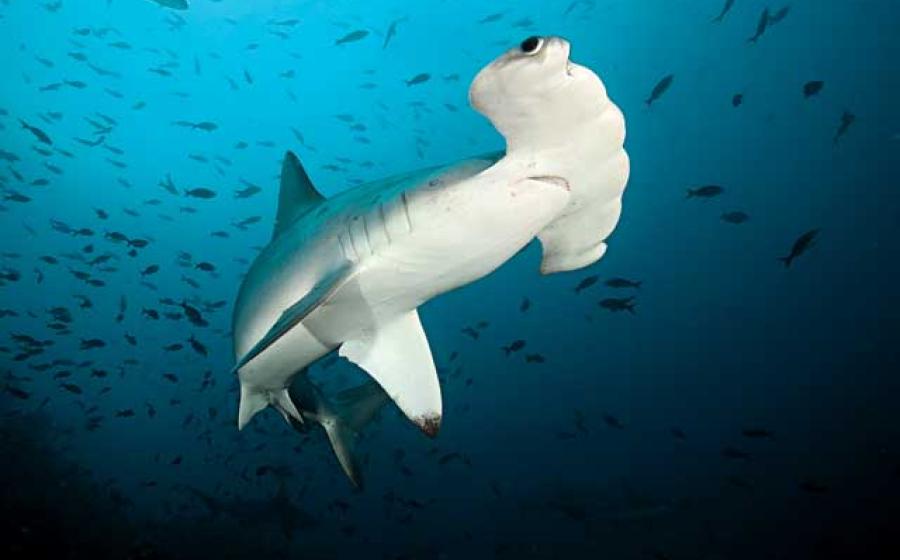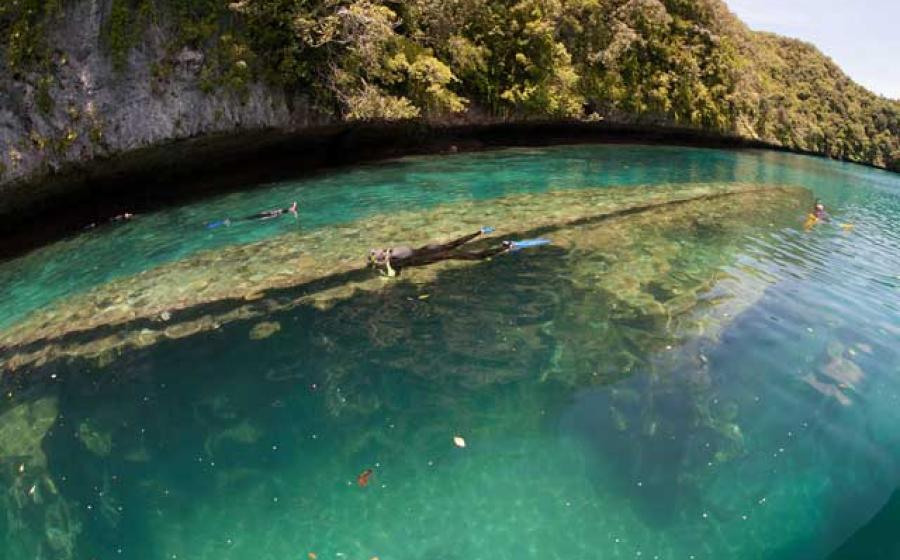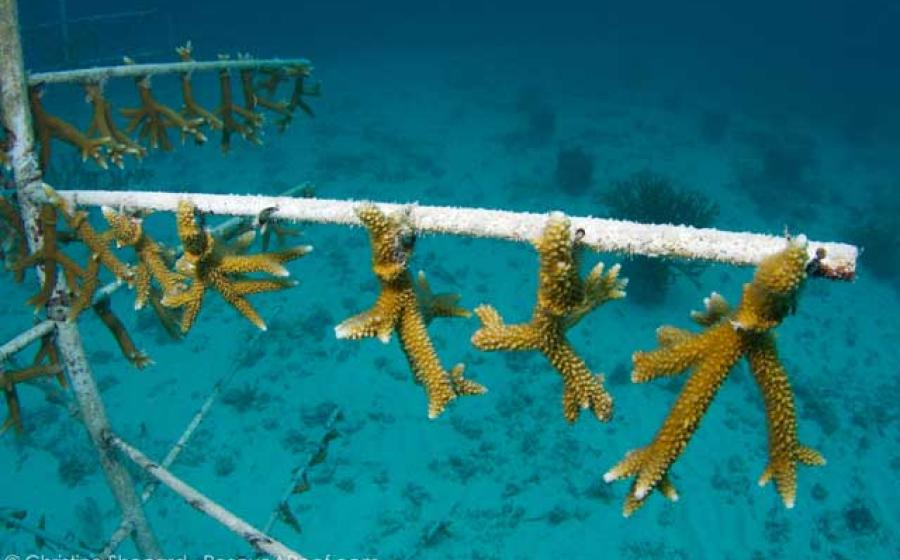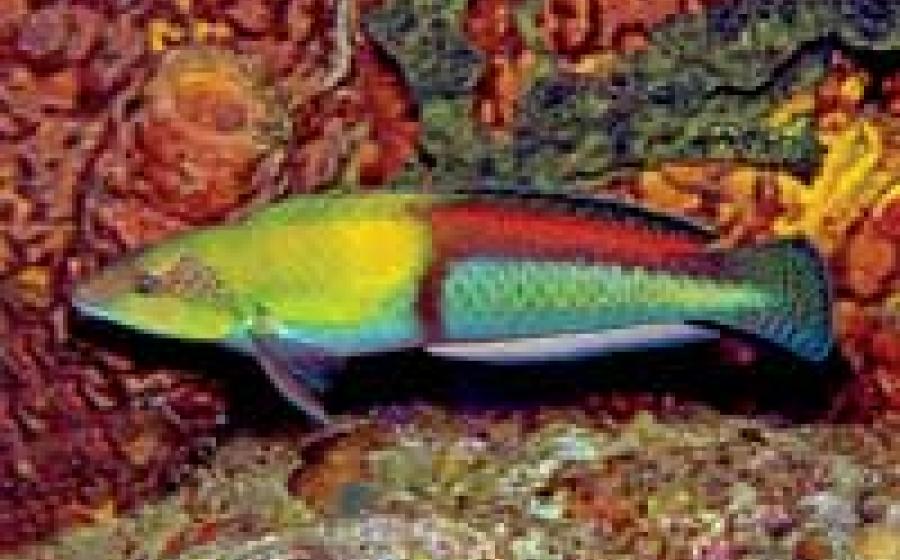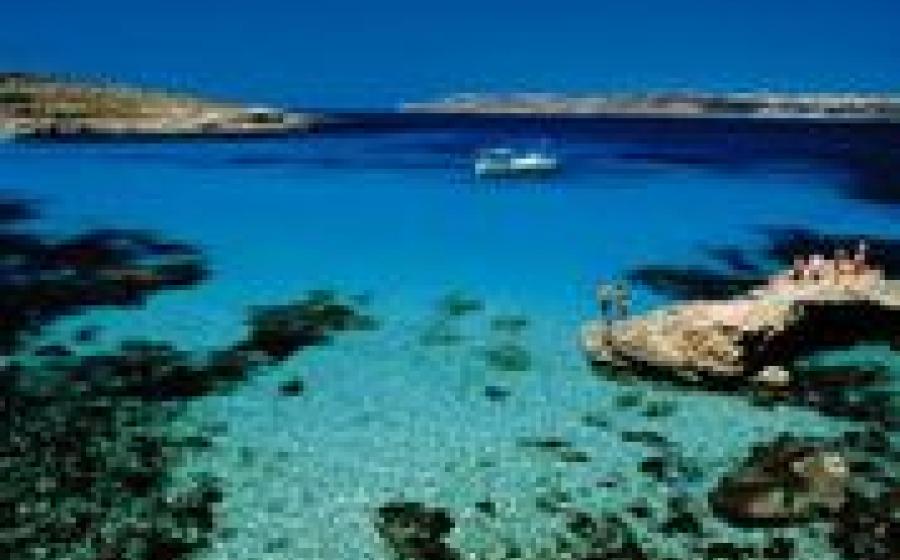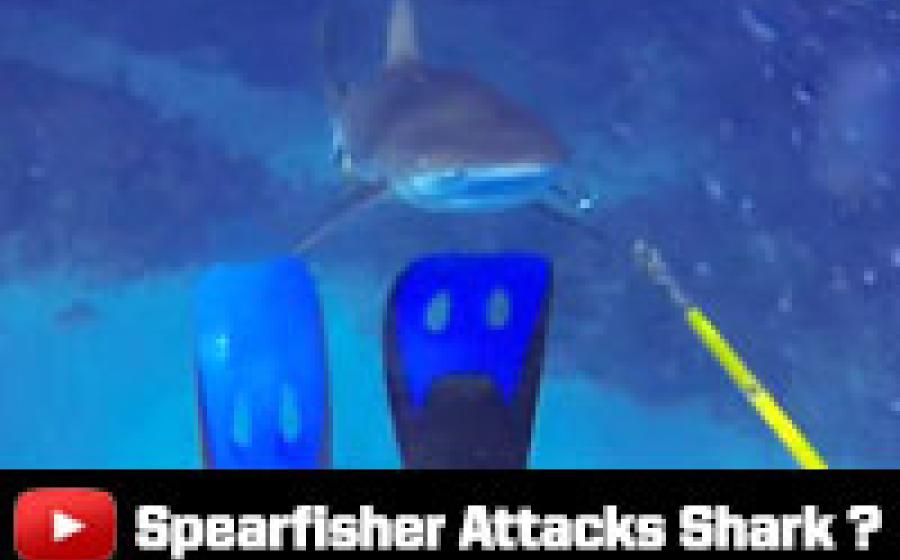.
Marine Life Articles
The Bonaire Reef Pilot Project is a model for the Caribbean. Check out the work of the Coral Restoration Foundation at Buddy Dive Resort's house reef.
Want to swim with wild Atlantic spotted dolphins in the Bahamas? The Dolphin Dream liveaboard can put you in the water with them!
Okeanos Aggressor takes you on extraordinary dives where the wild things roam. See hammerhead, whale sharks, frogfish and more in this trip report from Cocos Island.
We've put together a photo gallery of 15 wrecks — some open to scuba divers and some not; some of their stories known to us and some not — that move us.
Do you want to help protect coral reefs in Florida? Signing up to be a volunteer diver for the University of Miami's Rosenstiel School Rescue-A-Reef research program would be a great place to start.
Previously thought to exist only in Bermuda, the elusive redback is a wrasse of a different color. Ned and Anna DeLoach found this fascinating fish in Bonaire.
Do you want to explore scuba diving in the Mediterranean? Take a trip to Gozo, located south of Italy.
What would you do if a Caribbean reef shark engaged with you? An amazing GoPro video from the Cayman Islands shows a diver spearfishing a lionfish and getting investigated by a shark. SPOILER ALERT: The nonnative Indo-Pacific lionfish is wreaking havoc in the Caribbean Sea and Atlantic Ocean and the Cayman Islands government permits hunting it with a culling license, but this diver uses his spear to fend off the shark attack. The video has gone viral. We want to know what you think about it. Watch it now!


